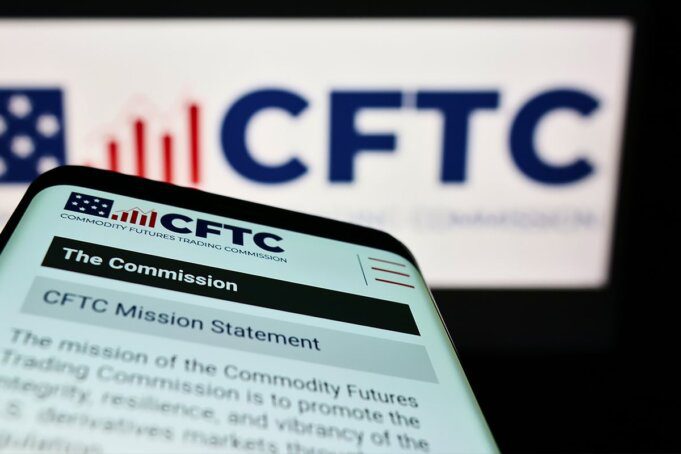-1.70%
+1.67%
-5.78%
+2,405.14%
-2.70%
-10.19%
President Donald Trump has nominated Michael Selig, a cryptocurrency advocate currently serving as chief counsel for the SEC’s crypto task force, to chair the Commodity Futures Trading Commission (CFTC). The nomination signals potential regulatory shifts toward more innovation-friendly digital asset oversight.
Nominee Background
Michael Selig currently serves as chief counsel for the SEC’s crypto task force and advisor to SEC Chair Paul Atkins. His background includes extensive experience at law firms specializing in asset management and cryptocurrency regulation. Selig is recognized as pro-crypto due to his support for blockchain innovation and understanding of digital asset complexities. Additional information about CFTC functions is available on their official website.
| Qualification | Details |
|---|---|
| Current Role | SEC Crypto Task Force Chief Counsel |
| Advisory Position | Advisor to SEC Chair Paul Atkins |
| Specialization | Asset management and crypto regulation |
| Industry Position | Pro-innovation regulatory approach |
Regulatory Implications
Selig’s nomination could facilitate more unified digital asset regulations. Currently, the CFTC and SEC maintain overlapping authority over cryptocurrencies, creating regulatory complexity for market participants. Coordinated oversight under crypto-experienced leadership could streamline compliance processes for digital asset companies operating in the U.S.
Potential Policy Shifts
- Regulatory Clarity: Clearer guidelines on digital asset classifications
- Innovation Support: Framework encouraging blockchain development
- Agency Coordination: Improved CFTC-SEC collaboration
- Market Confidence: Attracting investment and talent to U.S. crypto sector
Challenges and Considerations
The nomination requires Senate confirmation, which may involve extensive scrutiny. Cryptocurrency regulation presents inherent complexities including market volatility, rapid technological evolution, and fraud prevention. Even pro-innovation leadership must balance fostering development with investor protection. For analysis of regulatory challenges, the Brookings Institution provides comprehensive research on cryptocurrency oversight.
Key Challenges
- Senate confirmation process timeline
- Managing cryptocurrency market volatility
- Preventing fraudulent activities while enabling innovation
- Coordinating overlapping CFTC-SEC jurisdictions
- Adapting regulations to evolving blockchain technology
Market Impact
Successful implementation could establish clearer regulatory frameworks, potentially attracting increased investment and development to the U.S. cryptocurrency market. The outcome depends on Senate confirmation, interagency coordination, and balanced policy development addressing both innovation and consumer protection.
Anticipated Effects
- Reduced regulatory uncertainty for crypto businesses
- Potential increase in institutional cryptocurrency adoption
- Enhanced U.S. competitiveness in global digital asset markets
- Clearer compliance pathways for blockchain projects
Selig’s nomination represents a potentially significant shift in U.S. cryptocurrency oversight, with implications for regulatory clarity and market development pending Senate confirmation and subsequent policy implementation.




